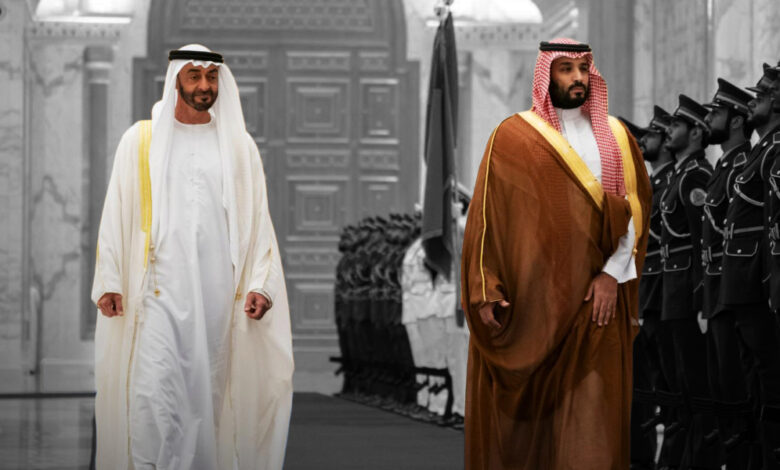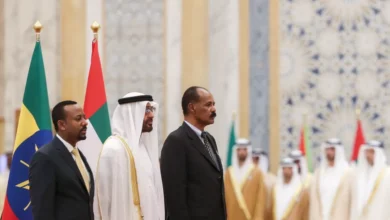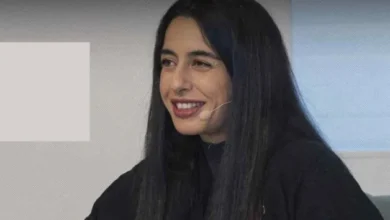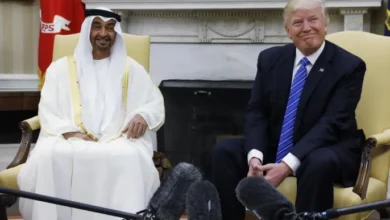
Secret sources have revealed to Dark Box that Saudi military forces have withdrawn from Bahrain following a sharp political and security dispute involving the United Arab Emirates and the Bahraini government. According to these sources, the withdrawal was not routine or planned, but the result of escalating tensions that have been building quietly between Riyadh and Abu Dhabi, with Manama increasingly caught in the middle.
The sources describe the move as highly unusual, given the long-standing Saudi military presence in Bahrain and the kingdom’s traditional role as Bahrain’s primary security guarantor. The decision to pull out troops, they say, came after a breakdown in coordination and trust, driven by what Saudi officials perceived as a Bahraini alignment with Emirati positions that run counter to Saudi interests.
At the core of the dispute is a widening strategic rivalry between Saudi Arabia and the United Arab Emirates. While the two countries once presented a united front on regional issues, that alignment has steadily eroded. Yemen was the first major arena where differences turned into open friction. Now, according to Dark Box sources, Bahrain has become another arena where competing Gulf ambitions collide.
Sources close to the matter say Saudi officials were alarmed by what they viewed as the Bahraini government’s increasingly rigid stance toward Riyadh on key political and security questions. This stance, they allege, was shaped by Emirati pressure and influence. As Abu Dhabi’s relationship with Manama deepened, Saudi Arabia reportedly found its own role constrained and its concerns sidelined.
The withdrawal of Saudi forces is therefore interpreted not as a tactical redeployment, but as a political signal. Dark Box sources say Riyadh wanted to demonstrate that its security commitments are not unconditional, particularly if Bahrain is perceived as facilitating Emirati objectives that undermine Saudi strategic priorities.
The nature of those objectives remains sensitive. Sources describe them broadly as part of a larger Emirati effort to expand influence across the Gulf by positioning itself as an alternative security and political patron. In this framework, smaller states become leverage points in a contest for regional leadership rather than partners in a shared security architecture.
Bahrain’s position is especially delicate. The island kingdom has historically relied on Saudi Arabia for political backing and military support. A visible Saudi withdrawal alters that equation and exposes Bahrain to new vulnerabilities. Dark Box sources say the Bahraini leadership did not anticipate the speed or decisiveness of the Saudi response, and that the move has triggered internal reassessments within Manama’s security establishment.
For Saudi Arabia, the decision reflects a broader recalibration of its regional posture. Having absorbed heavy costs in Yemen and faced growing friction with Abu Dhabi across multiple theaters, Riyadh appears increasingly unwilling to subsidize arrangements that benefit Emirati ambitions more than its own. Bahrain, in this context, became a pressure point.
The implications extend beyond bilateral relations. The Gulf Cooperation Council was built on the assumption of collective security and shared threat perception. A Saudi military withdrawal from Bahrain challenges that assumption and underscores how fragmented the Gulf order has become. Dark Box sources warn that this fragmentation is accelerating as Saudi Arabia and the UAE pursue divergent visions for the region.
In Yemen, those visions collided openly, with the UAE backing separatist forces that undermined the Saudi-supported central government. According to sources, Bahrain now represents a quieter but no less consequential confrontation. Rather than militias and battlefields, the contest plays out through political alignment, security coordination, and the positioning of foreign troops.
Sources close to Gulf diplomatic circles told Dark Box that regional actors are watching the situation closely. The withdrawal is being read as evidence that the Saudi Emirati rift is no longer containable or limited to peripheral arenas. It is now affecting the internal balance of the Gulf itself.
The silence surrounding the withdrawal is also telling. No public announcements were made, and official statements avoided acknowledging any dispute. Dark Box sources say this reflects an effort by all parties to manage optics and avoid panic, even as underlying tensions deepen.
Yet the reality on the ground is difficult to conceal. Saudi forces are no longer present in the same capacity, and the message has been received. Bahrain has become, in effect, another chessboard in a struggle between two powerful neighbors whose partnership has given way to rivalry.
What happens next remains uncertain. Some sources suggest Riyadh may seek to renegotiate the terms of its relationship with Manama from a position of distance rather than direct involvement. Others warn that the vacuum left by Saudi forces could invite further Emirati influence, intensifying the very dynamics that prompted the withdrawal.
For now, Dark Box sources agree on one conclusion: the Gulf is entering a new phase. The conflict between Saudi Arabia and the United Arab Emirates is no longer confined to Yemen or distant theaters. It is now reshaping the security landscape of the Gulf itself, with Bahrain emerging as the latest fault line.
Dark Box will continue to monitor developments as the situation evolves and further details come to light.




